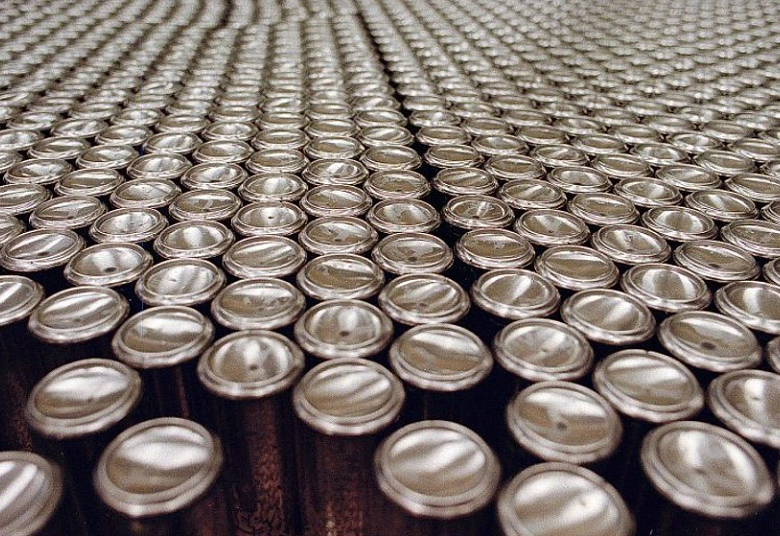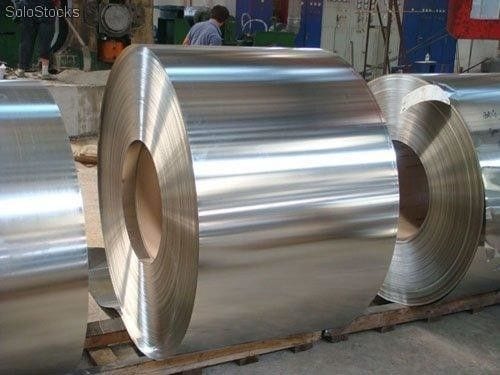With the emergence of new tariffs on tinplate in the U.S., both manufacturers and consumers could be experiencing some consequences such as an increase in production costs as well as an increase in the final price of the product. The challenge now is to find out who is the winner or loser in the latest steel trade war.
Joe Biden, for his part, is not at all willing to accept the terms under which the previous administration pursued its political and foreign policy agenda. On the contrary, he wants to boost domestic industry, as well as well-paying jobs.
Last August, the U.S. government announced that it would take steps to impose tariffs on tinplate produced in China, Canada and Germany. The reason given is that producers in these countries are not pricing their products fairly. Tinplate is the type of steel used in most of the canned goods you see in supermarket aisles.
Recently, tariffs have generated a discussion about raising consumer prices to preserve domestic companies and the employment they generate. This has a major effect on can manufacturers, which supply major grocery brands. For example, the Consumer Brands Association explained that when there is an increase in the price of metal material, it is reflected in the cost of non-perishable food; especially for people with low incomes. Although manufacturers could absorb the cost without passing it on to consumers, they are currently not so mindful of it. “It’s soup, it’s beans, it’s everything that people consume in cans, which in particular, has more immediate impacts on low-income people trying to buy non-perishable food to feed their families,” they added.
Recently, the U.S. government announced an investigation to establish whether there are unfair trade practices involving tinplate exporters. China is the main country affected by receiving preliminary anti-dumping tariffs of 100 percent. Germany and Canada are among the top four exporters of tinplate to the United States according to the Consumer Brands Association, along with the Netherlands and the United Kingdom.
In addition, Cleveland Cliffs Inc, a U.S. mineral extraction company with mills scattered across the country, moved in early 2021 to launch an antidumping petition. This triggered action by the Steelworkers, a Pittsburgh-based union representing 1.5 million workers across the country. The petition initially proposed tariffs of 300%, targeting the eight countries involved that sell products below their actual cost. These included the Netherlands, South Korea, Taiwan, Turkey and the United Kingdom.
Nevertheless, dozens of legislators have rejected the proposal, considering that it could have an impact on the domestic price of tinplate. This would make some state-owned companies uncompetitive vis-à-vis foreign companies and could even lead to their complete disappearance from the sector.
In addition, there is a struggle between large corporations and small companies seeking to defend their steel supply. For example, the petition could prompt Independent Can Company, a fourth-generation family-owned business based in Belcamp, Maryland, to change its steel sourcing, says owner Rick Huether. Independent Can, which employs more than 400 workers, helps brands create their own customized cans. The company has manufactured Swiss Miss hot chocolate cans for Conagra Brands, and has also worked with 1-800-Flowers, Collin Street Bakery and Ghirardelli.
The latest news is that the U.S. Commercial Court issued a preliminary ruling in favor of Cleveland Cliffs, but we will have to wait until January to see the final decision. It could happen that the same tariffs are maintained or modified in some way; whatever the case, someone will be unhappy with the result.













